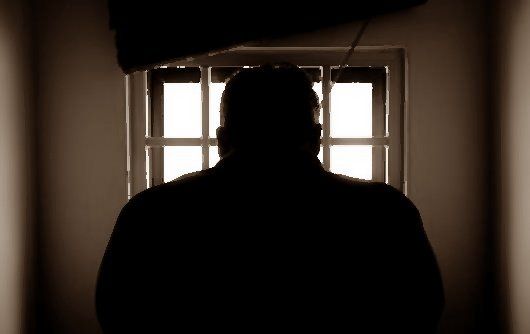The question is... Should prisons punish or rehabilitate?
source:
Shout Out UK
published: 22 July 2020
In the UK, the function of prisons is to serve justice and protect others. But this is entangled in political agendas. At what point in an inmate’s life does the focus need to shift from punishment to considering rehabilitation and prevention?
See separate report 'Clinks response - the future of mental health care in prison' here >
A few select Scandinavian prisons are examples of an alternative way. Instead of politicising criminal justice, policy-making is often left to professional criminologists who develop results-based strategies.
This leads to a humanistic approach. Halden is one of Norway’s largest prisons with 251 inmates, nearly half of whom are imprisoned for violent crimes including murder, assault and rape. They live surrounded by 12 acres of blueberry woods.
The Norwegian sentencing system has a maximum term of 21 years and thus no life sentences. In this system is Anders Breivik, amongst the most high-profile killers in recent years, who killed 77 people and injured hundreds when he detonated a bomb at an Oslo government building and opened fire at a summer camp close by. However, Breivik’s sentence of ‘preventive detention’ means his term can be extended indefinitely for five years at a time if he is still thought to be a threat to society.













